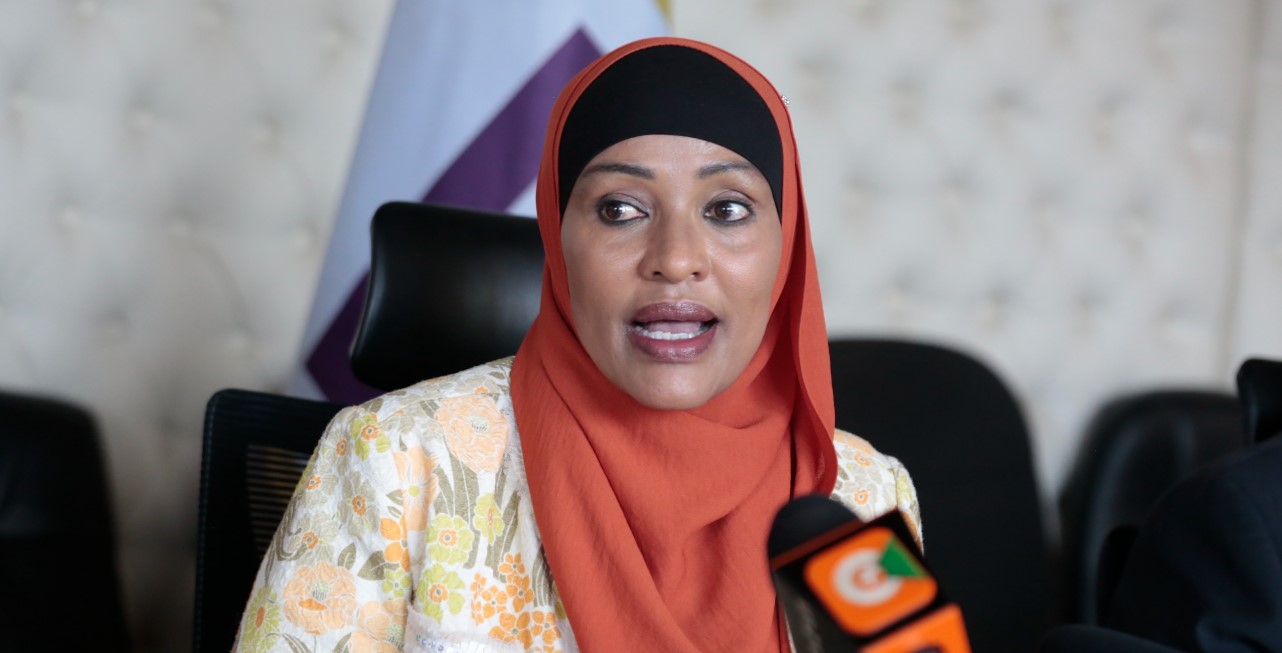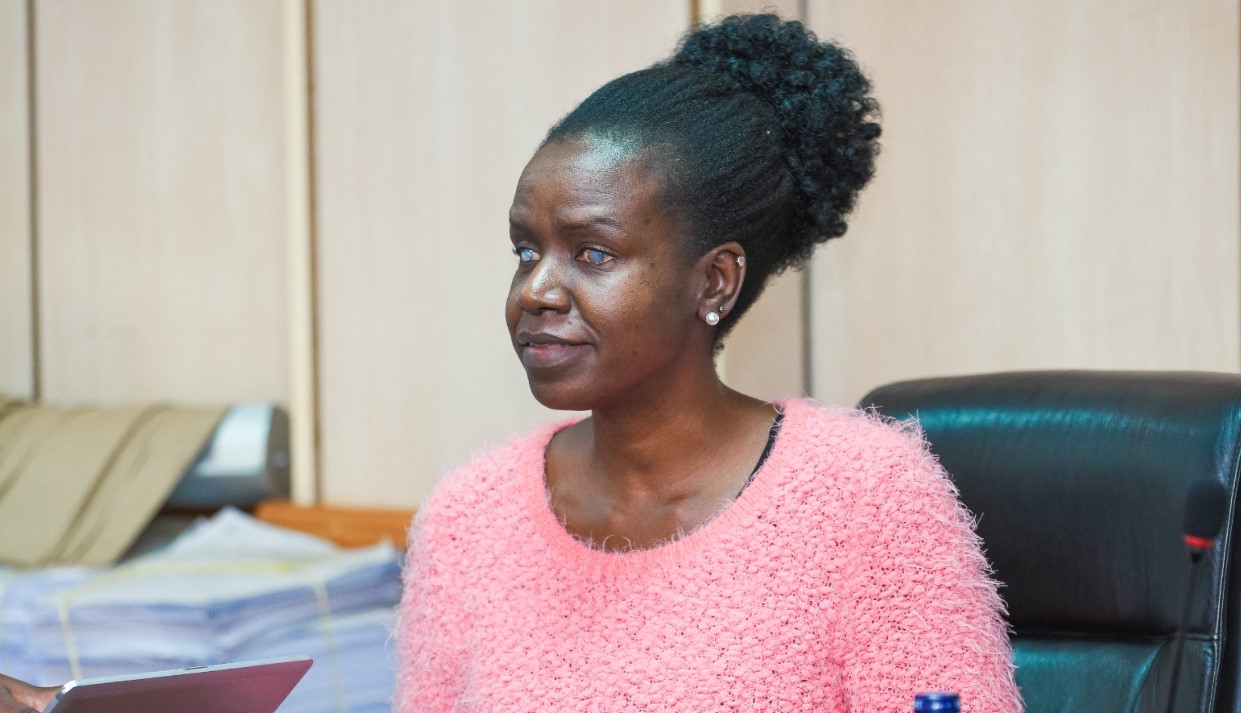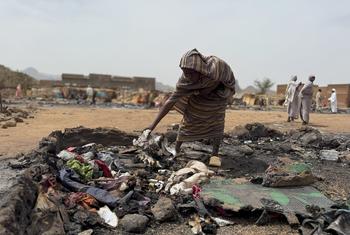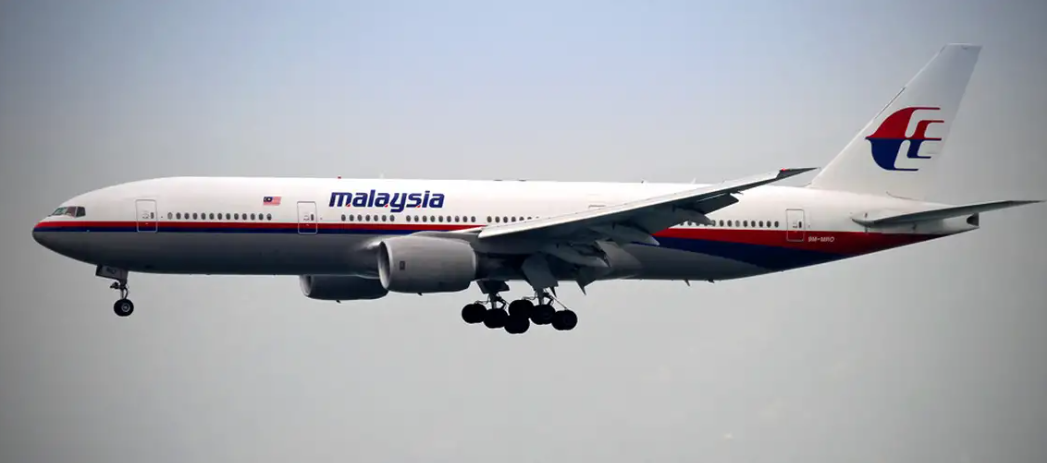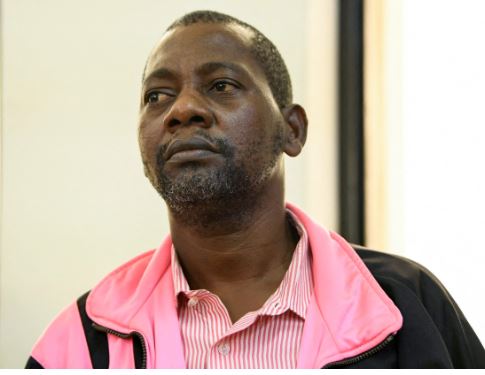MPs push back against Sh10 million road fund cut per constituency
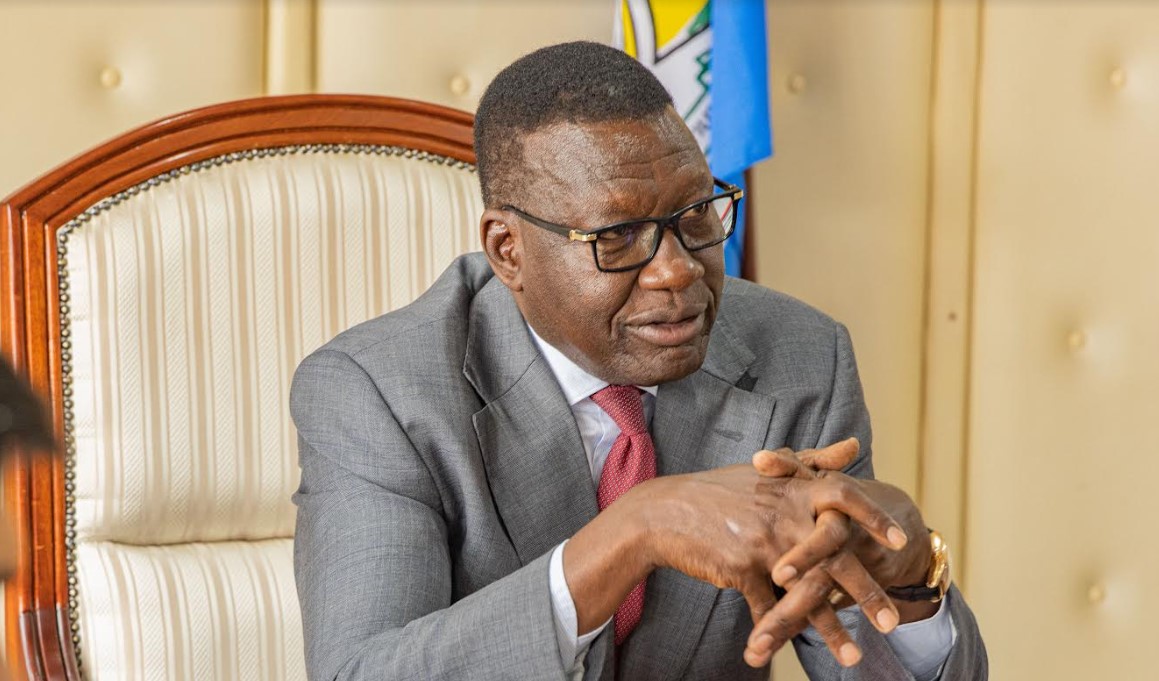
Roads and Transport Cabinet Secretary Davis Chirchir, appearing before the National Assembly’s Transport and Infrastructure Committee, defended the plan, saying it is necessary to clear pending bills and get contractors back to work.
A Cabinet decision to slash Sh10 million from each constituency’s road allocation has sparked uproar among Members of Parliament, who warn that local road maintenance will suffer as the government seeks funds to pay contractors owed billions for unfinished projects.
The Cabinet, citing sections 6(2)(c) and 32A of the Kenya Roads Board Act, has asked Parliament to approve an additional securitisation of Sh5 per litre from the Roads Maintenance Levy Fund (RMLF), targeting Sh120 billion over two years to support ongoing works.
More To Read
- KeNHA orders removal of illegal structures, unapproved billboards along highways
- MPs fault State officers over mismanaged road projects
- Senate summons CS Chirchir over 13-year road functions deadlock
- Kenya to raise Sh390 billion bond for Naivasha–Malaba SGR extension
- CS Chirchir grilled over Sh10.52 billion fuel levy funds delay, new securitisation plan
- Government clears Sh93 billion in road bills after borrowing Sh104 billion from banks
Currently, each of the 290 constituencies receives Sh63 million through the Kenya Rural Roads Authority (KeRRA) for road maintenance. If the securitisation proposal is approved, allocations will drop to Sh53 million per constituency.
Roads and Transport Cabinet Secretary Davis Chirchir, appearing before the National Assembly’s Transport and Infrastructure Committee, defended the plan, saying it is necessary to clear pending bills and get contractors back to work.
“We really need to maintain the road network in the country. Owing to budget shortfalls and challenges of exchequer releases, most contractors had either slowed works or abandoned the construction sites altogether. We are pushing them back to work through payment,” Chirchir said.
However, Laikipia East MP Mwangi Kiunjuri questioned the feasibility of the reduction.
“Is it practically possible for members to accept this reduction? We are losing several kilometres of constituency roads as we go for new projects,” he said.
Chirchir noted that without the approval of the securitisation plan, allocations would remain at Sh63 million.
But Kiunjuri warned that the roads on the ground are already in poor condition.
“The situation on the ground is bad, as many roads have been destroyed by the rains and need repair. With the CS proposal, we may never get money to repair the constituency roads. What we expected was an increase in the kitty and not a reduction,” he said.
Committee chairperson and Ndia MP George Kariuki expressed support for securitisation in principle but insisted that CS Chirchir must present the proposal to Parliament personally.
“We fully support securitisation so that all contractors can go back to work and projects get concluded,” Kariuki said. “We have agreed that the CS will appear before Parliament to explain to members the securitisation bit, which will reduce the allocation to each constituency by Sh10 million.”
Kariuki, who was to table the ministerial statement, declined to do so, saying, “The CS must come here and explain why we need to accept that reduction because he is better placed. I am a member of this House, and I would only wish that the clarification on the securitisation comes from the CS.”
As of December 31, 2024, government-awarded contracts had an outstanding portfolio of about Sh700 billion in unfinished works and related services such as land compensation. There was also a pending bill of Sh172 billion for certified works and affiliated expenses chargeable to the government.
Chirchir explained that the accumulation of pending bills was caused by constrained budget allocations over the years. He revealed that more than 800 road projects nationwide require urgent capital injection to bring back contractors, some of whom have abandoned sites due to delayed payments.
In this year’s budget, the government, with the National Assembly’s approval, securitised Sh7 per litre of the RMLF to a bankruptcy-remote Special Purpose Vehicle (SPV) to raise Sh174.41 billion for pending road project bills as at December 30, 2024.
While awaiting the bond floatation, the Kenya Roads Board (KRB) secured a bridge facility that has so far raised Sh104 billion, used to pay 80 per cent of pending bills as of December 31, 2024.
CS Chirchir highlighted that despite government plans to upgrade 10,000 km of roads to bitumen standard since 2014/15, the initiative was not matched by increased budget support.
“The foregoing led to a situation where, over time, the certified works could not be serviced with the voted budget provisions,” he said.
He added that over the past decade, the average annual budget for road construction stood at Sh50 billion, insufficient to cover the extensive project portfolio.
“The thin budget ceiling results in a thin spread of allocations over the huge project portfolio. The exchequer releases against the thin spread result in near negligible impact on the ground,” Chirchir said, urging MPs to approve the additional securitisation of Sh5 per litre of the RMLF.
He also warned that even the limited budget faces delays in disbursement.
“As an example, as at November 2026, the ministry has only managed to draw Sh6 billion of its allocation of Sh56 billion in the 2025/26 fiscal year budget. This translates to only 10 per cent drawn with 33 per cent of the calendar year already consumed,” Chirchir said.
The Cabinet is now awaiting Parliament’s decision on the securitisation proposal, which will determine whether constituency road allocations are reduced or maintained while clearing billions in pending road project payments.
Top Stories Today
